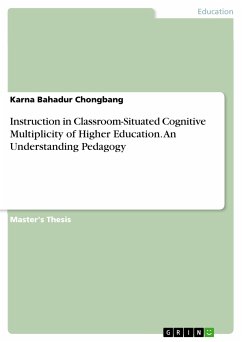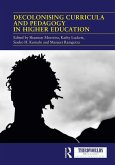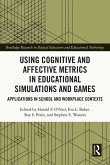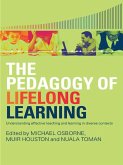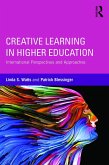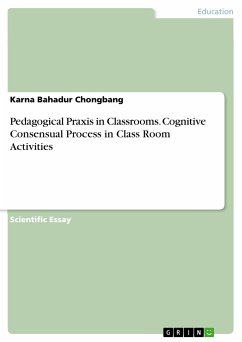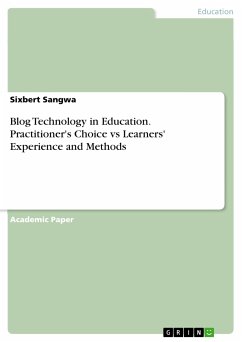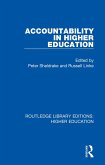Master's Thesis from the year 2016 in the subject Pedagogy - Higher Education, , course: Education Leadership, language: English, abstract: This study intends to re-conceptualize a pedagogical approach to respond to students that are cognitively inactive in the classroom of higher education. The background of the thesis is set up on the ground of academic professional culture of pedagogical practice in the higher education. It has analyzed the intersecting positions of cognition and pedagogy. Following a multi-paradigmatic approach to the thesis process, multidisciplinary theoretical perspectives have been used to interpret the cognitions situated in the classroom students. These perspectives allow to hold up a compatible research design, qualitative sounding and quantitative silence design and a non-positional position role of researcher. Analytic auto-ethnography was employed as a major method followed by other methods and tools like participant observation, interviews and group discussions, open- ended questionnaires and unobtrusive measures. Activating the meta-cognition of the research participants, the reflective understandings have been drawn from their individually situated cognition. The vignettes, student-composed texts and student and teacher-expressed opinions are the evidences and the data collected from the field. Crystallization of them by interfacing the theories reveals cognitive multiplicities (cognitive process, cognitive style, content schemata and thought system) in the students of higher education. This paper looks for answers to several research questions: Why are the cognitions of every student not activated in the classroom? Have the present pedagogical practices activated every student's cognition in the classroom? Are the students in the classroom of higher education individually different in terms of cognition? Are there specific cognitive diversities in the students of the classroom? What are the current pedagogical practices in classrooms of higher education? What cognitive styles do the students possess in a classroom of higher education? How do the pedagogical practices of teachers/instructors respond the cognitive processes of the students? What is the pedagogical design/model to address the cognitive complexity/diversity of a classroom of higher education/teacher education?
Dieser Download kann aus rechtlichen Gründen nur mit Rechnungsadresse in A, B, BG, CY, CZ, D, DK, EW, E, FIN, F, GR, HR, H, IRL, I, LT, L, LR, M, NL, PL, P, R, S, SLO, SK ausgeliefert werden.

